Crackdown on Bangladesh Protesters May Constitute Crimes Against Humanity, Says UN
The United Nations has accused former Bangladesh Prime Minister Sheikh Hasina and her government of using systematic and deadly violence to remain in power, actions that may amount to crimes against humanity.
UN Report Reveals Widespread Government Atrocities
According to UN human rights investigators, the deposed government orchestrated a brutal response to mass opposition last year, resulting in up to 1,400 deaths, most of which were caused by security forces. The unrest initially began as student-led protests against quotas in civil service jobs but escalated into a nationwide movement calling for the removal of Hasina and her Awami League Party following a deadly police crackdown. Thousands more were injured in what has been described as Bangladesh’s worst violence since its war of independence in 1971.
The findings indicate that Sheikh Hasina and her administration were "aware of and involved in very serious offenses," UN Human Rights Chief Volker Türk stated during a press conference in Geneva.
"Our key findings establish reasonable grounds to believe that officials of the former government, along with its security and intelligence forces and violent elements affiliated with the ruling party, committed severe and systematic human rights violations," Türk said.
Evidence of Executions, Torture, and Targeted Killings
The UN investigators documented numerous human rights abuses, including the execution of protesters at point-blank range, deliberate maiming, arbitrary arrests, and torture. Disturbingly, children were also among the victims, with an estimated 13% of the 1,400 killed between July 1 and August 15 being minors.
"This brutal response was a deliberate and coordinated strategy by the former government to maintain power despite mass opposition," Türk emphasized. "The evidence gathered paints a disturbing picture of rampant state violence and targeted killings."
The UN report asserts that hundreds of extrajudicial killings, widespread arbitrary detentions, and acts of torture were carried out under the direct knowledge, coordination, and direction of political leaders and senior security officials as part of a strategy to suppress dissent.
Bangladesh's Caretaker Leader Calls for Justice
The investigation was commissioned by Bangladesh’s caretaker leader, Muhammad Yunus, who has pledged to rebuild the country into a place where all citizens can live in dignity and security. However, the UN's estimated death toll of 1,400 significantly exceeds the 834 reported by Yunus’s interim government.
The UN investigative team included human rights experts, a forensic physician, and a weapons specialist. Their findings were based on more than 230 interviews with survivors, witnesses, and other sources, as well as medical records, photos, videos, and other forms of evidence.
Government’s Direct Involvement in Violence
The report details how former senior officials, including the ex-prime minister, directly orchestrated large-scale operations where security and intelligence forces killed or detained protesters without due process.
"Security forces deliberately and impermissibly killed or maimed protesters, including incidents where individuals were shot at point-blank range," the report revealed.
While the report attributes most of the violence to government forces, it also highlights attacks against perceived supporters of the former government, as well as against some religious and ethnic minorities. The UN Human Rights Office stressed the need to investigate these cases as well.
The UN team concluded that "an official policy to attack and violently suppress anti-government protesters" was enacted at the direction of political leaders and senior security officials.
Hasina, who ruled Bangladesh for 15 years, fled to India by helicopter shortly before protesters stormed her residence last August.

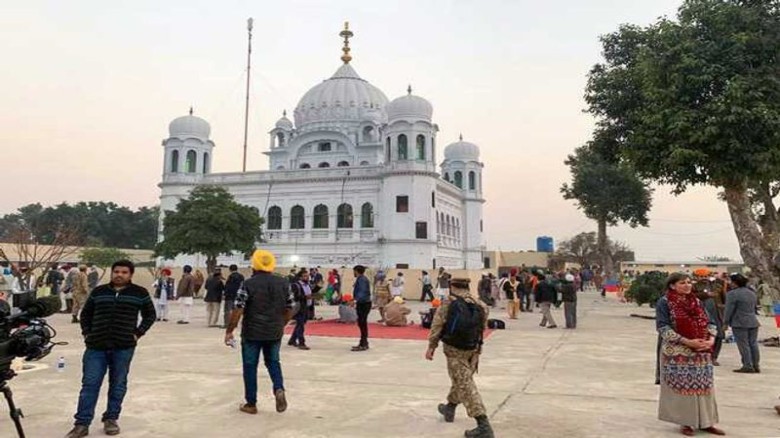
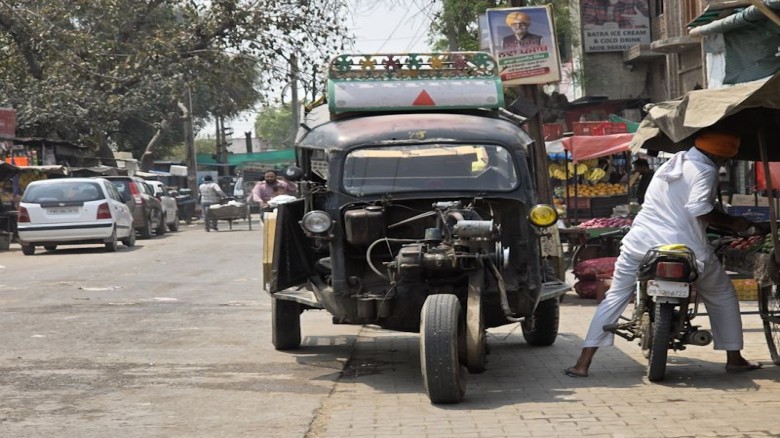

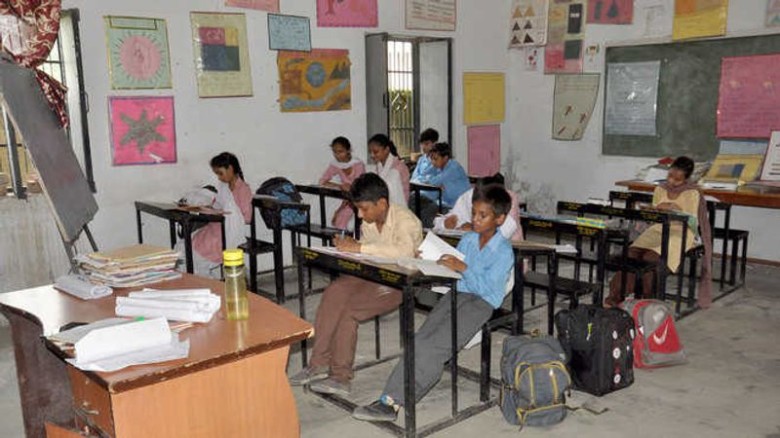



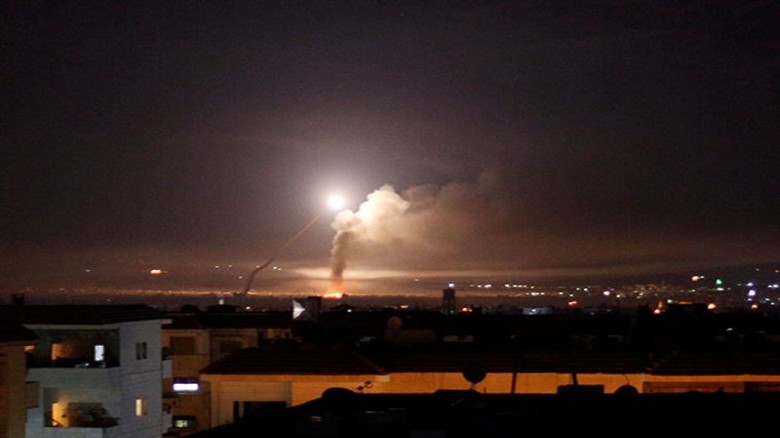











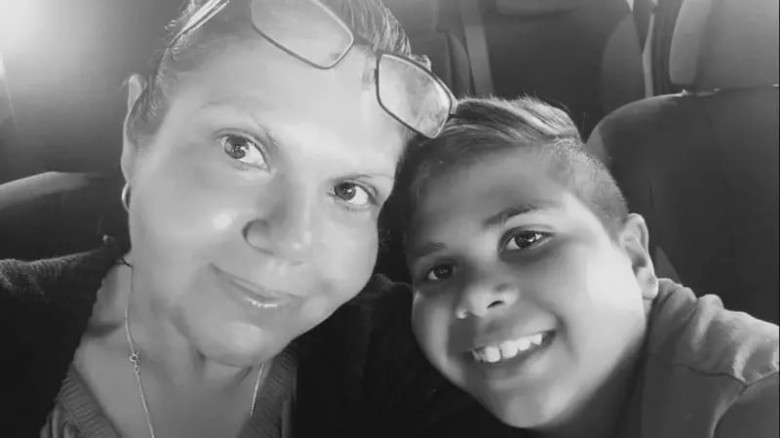
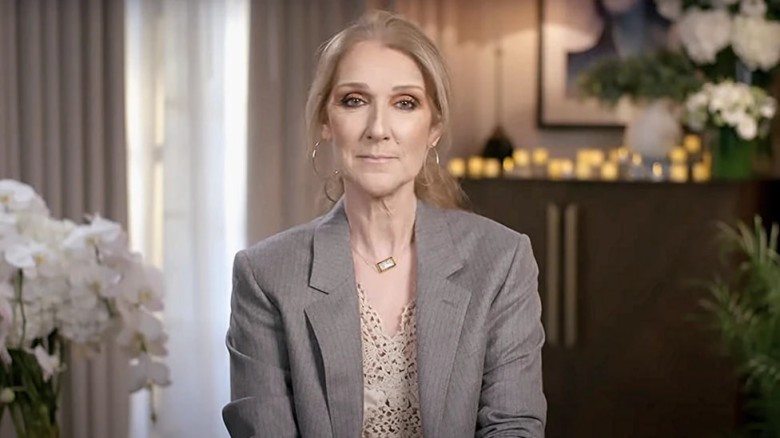



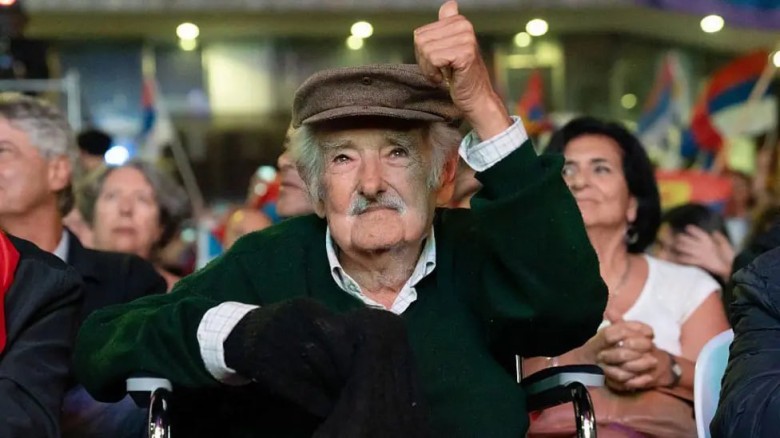
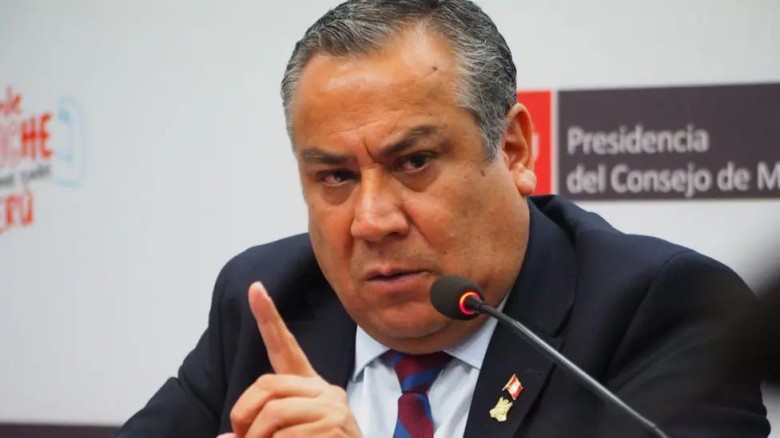

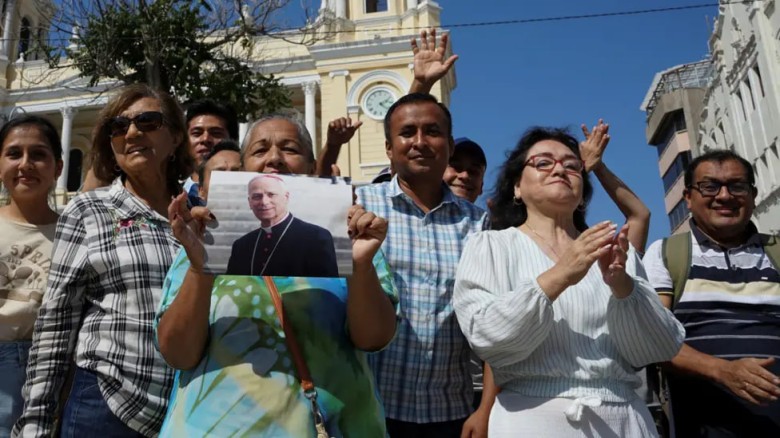










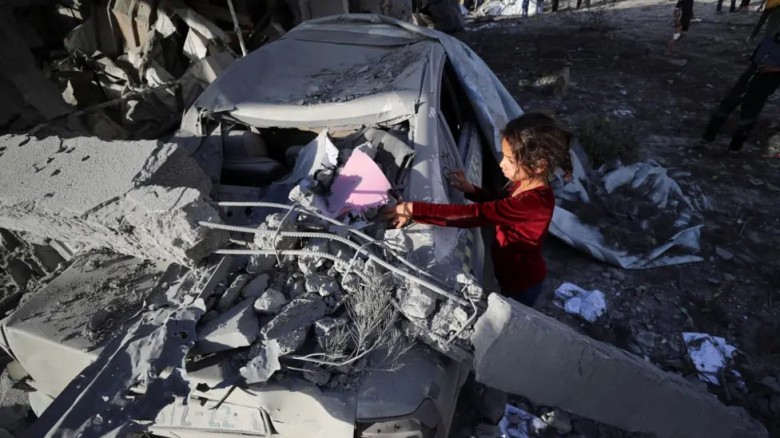
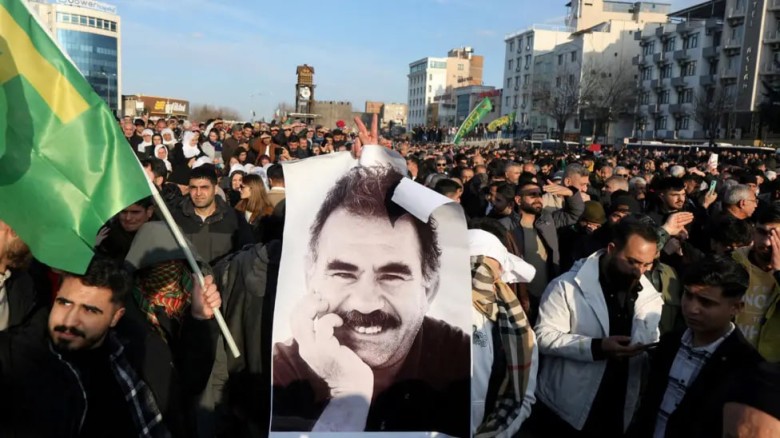
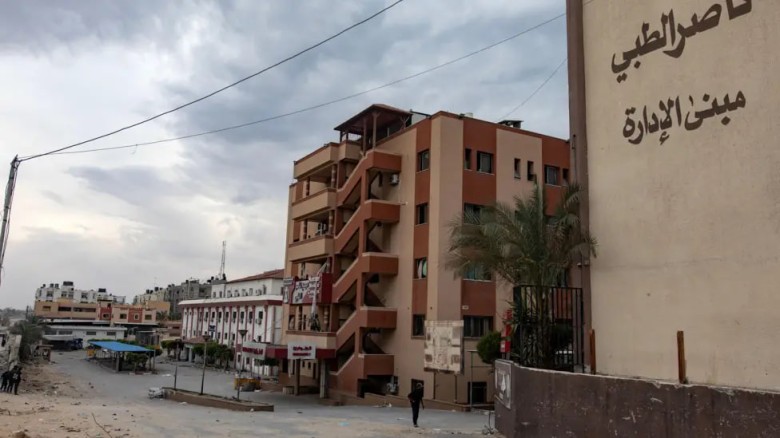







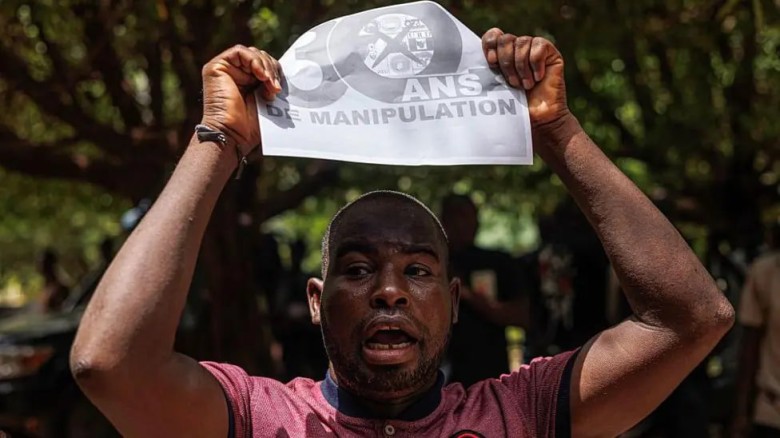
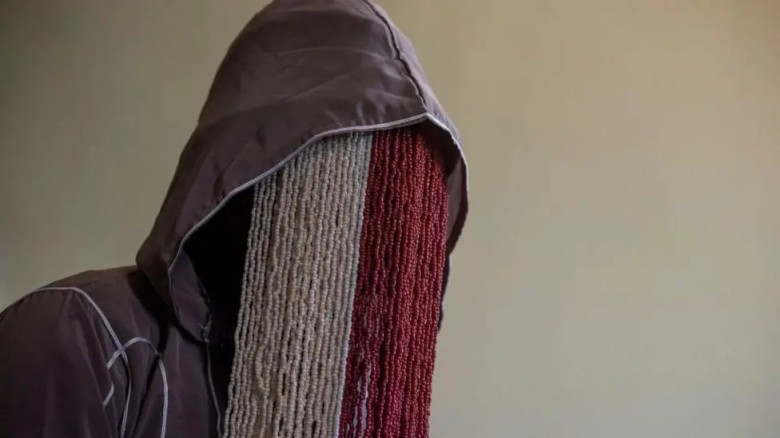

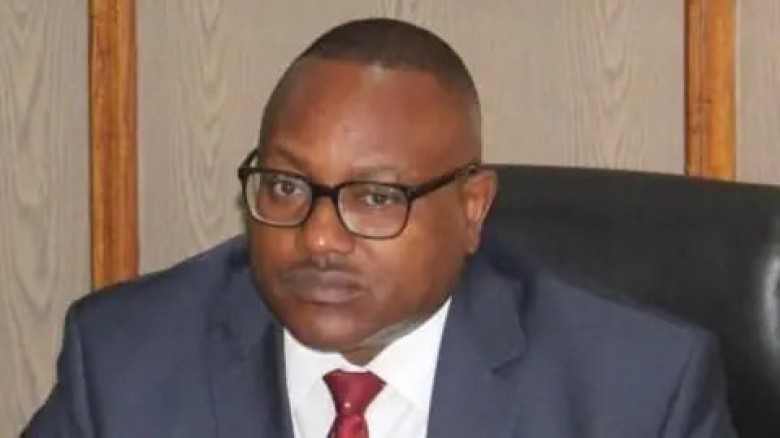

















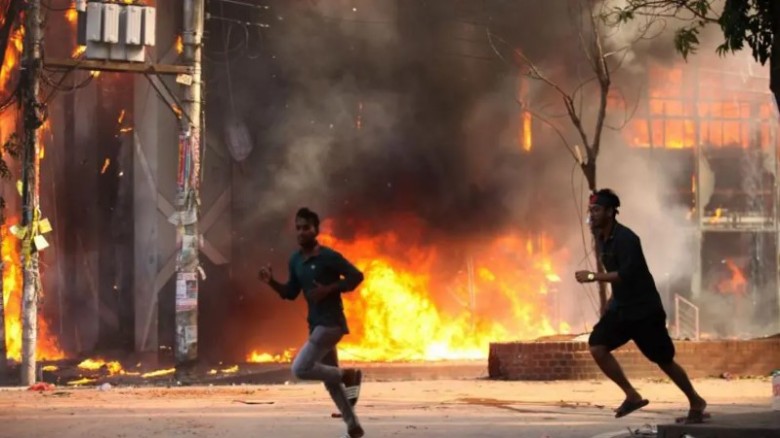


Leave A Comment